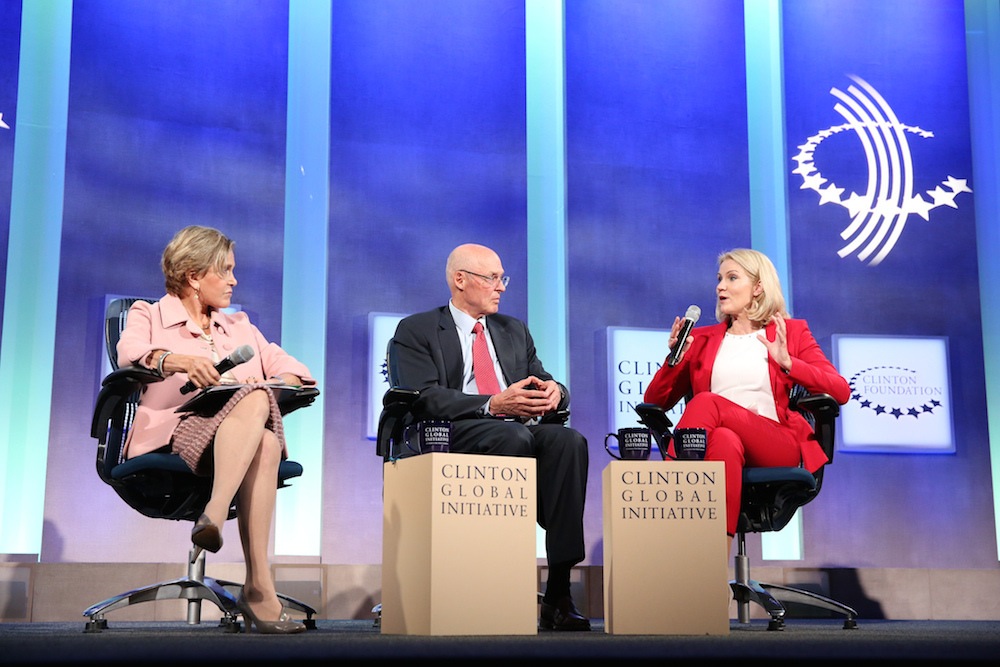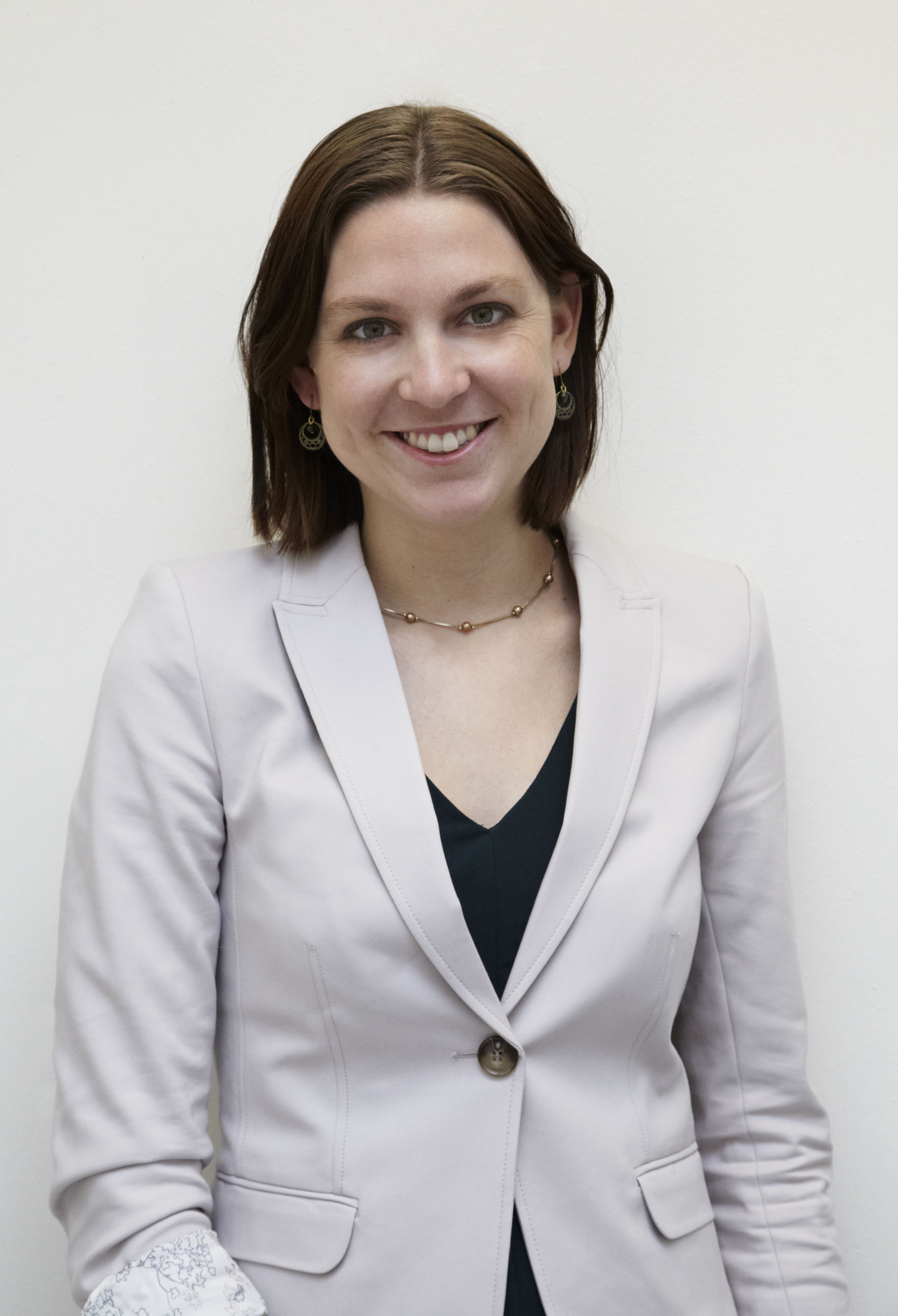Climate Change Is 'Single Biggest Risk' to Global Economy

NEW YORK — Addressing climate change is not only crucial for preserving the environment, it also makes good economic sense, some politicians and business leaders say.
Governments must set policies to curb carbon emissions, and companies should develop "green" technology and sustainable business practices, a panel of experts said here yesterday (Sept. 22) at the annual meeting of the Clinton Global Initiative (CGI). Former president Bill Clinton founded CGI in 2005 to bring together global leaders to find and implement solutions to some of the world's most pressing problems.
"Climate change poses not just a massive risk to the environment, it's the single biggest risk to the global economy today," said Henry Paulson Jr., former U.S. Treasury secretary and the current chairman of The Paulson Institute at the University of Chicago. Paulson was one of the featured panelists. [6 Unexpected Effects of Climate Change]
And action has to start with governments, said Danish Prime Minister Helle Thorning-Schmidt, another of the panelists. "There is no reason to think confronting climate challenge is not good economics," Thorning-Schmidt said. Green technology "is not only good for the climate, it's also good for jobs," she added.
Denmark has succeeded in tackling carbon dioxide emissions without sacrificing economic growth. This balance has been achieved, the prime minister said, by setting a target for sustainability, and creating a stable, long-term political framework. Once there's that framework, companies will start investing in green technology, she said.
One example of how this can work is the Swedish furniture giant IKEA, which is already taking steps to make its business greener. "We would like to grow business within the limits of the planet," said Peter Agnefjäll, president of IKEA, and a panelist.
IKEA has committed to sourcing its cotton responsibly. The company also plans to obtain 100 percent of its wood from better sources, and this week it announced that 100 percent of its plastic would be from recycled or renewable materials, Agnefjäll said.
Get the Space.com Newsletter
Breaking space news, the latest updates on rocket launches, skywatching events and more!
The company's research shows that customers would like products to be produced in a sustainable way, but they're not prepared to compromise on appearance or cost, Agnefjäll said. Still, investing in greener practices is paying off, he said.
And it's not just businesses that stand to benefit from protecting the climate — citizens will see improvements in their daily lives when they can enjoy clean air and water, Thorning-Schmidt said.
But much of the political action needs to be at the city — not the national — level. After all, cities account for more than 70 percent of the nation's greenhouse gas emissions, experts say.
To address these concerns, the mayors of three major U.S. cities pledged a commitment yesterday to developing plans and programs to address climate change at the local level.
Mayor Eric Garcetti of Los Angeles, Mayor Annise Parker of Houston and Mayor Michael Nutter of Philadelphia announced their commitment to the newly launched Mayor's National Climate Change Action Agenda, a plan to curb emissions in cities and promote sustainability. The mayors are all members of President Obama's climate task force.
As part of the commitment, each city will develop specific goals for reducing greenhouse gases, design ways to measure these goals and come up with initiatives to implement them, Garcetti said in a news briefing yesterday.
The CGI meeting comes on the heels of the People's Climate March, a 300,000-person demonstration that flooded the streets of Manhattan Sunday (Sept. 21), in advance of the UN Climate Summit, which is taking place today at the United Nations headquarters.
"It really feels like a moment of action on climate change," Garcetti said, and "cities can indeed move the world forward."
Follow Tanya Lewis on Twitter and Google+. Follow us @livescience, Facebook & Google+. Original article on Live Science.
Join our Space Forums to keep talking space on the latest missions, night sky and more! And if you have a news tip, correction or comment, let us know at: community@space.com.











